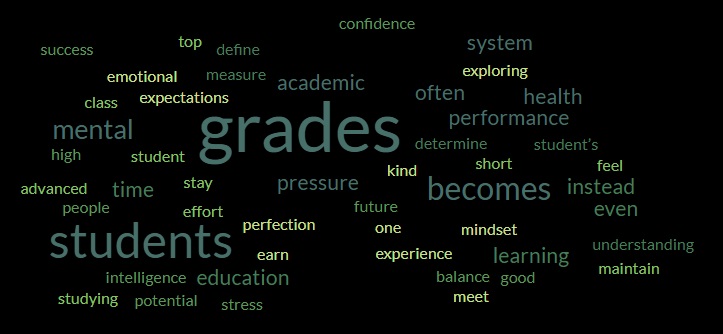Flawed GPA System? What this means for future Hillcrest students.
May 11, 2023
It’s about that time of year again and our favorite type of tests are upon us: AP Exams. In the past two weeks I’ve taken a total of 4 AP tests and every time I taped that ID Label on the the scoring sheet I questioned why I even signed up for the tests in the first place. College credit, different GPA scaling, maintaining class rank, maybe even all of them. I hadn’t even realized till late last year that if a student didn’t sign up for an AP Exam then their GPA would be scaled to that of an Honors class, which if you really think about it, doesn’t make much sense. Why would someone do an AP level’s work only for it to be treated as if it were an Honors class? That’s like me paying for Amazon Prime but I still receive the package on the same day as everyone else who hadn’t bought it.
The implications of these requirements may not be favorable to some low-income students. I know for a fact that some parents/families are not willing to dish out $400+ like I had to this past week. And even though there is a reduced price for students with free lunch, that money could definitely go to something more beneficial at the time. Considering, the minute I walk across the stage and graduate from high school practically none of my high school academics have any societal value, why should we be forced to dish out money just to stay in contention with our other classmates. The people reading this are most likely within Mr. Fitch’s AP English Literature class meaning that they not only have the opportunity to take at least one exam, but also know how competitive their fellow classmates can get when it comes to our grades. We’re almost making sure that we 1-Up each other fighting to keep our GPA as high as we can for post-secondary education. This funnels back into the previous problem where low-income students are at a disadvantage due to their varying financial situations. If they don’t have the funds necessary to pay for the tests then they don’t even gain the chance to acquire college credit and ,with the GPA scaling issue, could leave them out of possible financial aid needed for their collegiate level education.
Now to talk about the actual tests themselves. For most public colleges, acquiring a score of 3 or higher is needed to gain a varying number of credit hours for that specific class. So if I were to take the Calc BC test and scored a 5, then I would have earned credit hours for Calculus II in college. This system doesn’t sound all that bad until you look at the score distribution for most of the classes worth gaining credits for. Notably, the history-based classes are notoriously difficult and it is commonplace for over 50% of students to score a 2 or 1 on the exam, which results in wasted money almost. The ROI (return-on-investment) is entirely based on the score earned, so if I were to spend $90 on a test and received a 1, then I’ve essentially just given a corporation free money and gained nothing in return except an elevated GPA. Using the Amazon analogy again, this is like me paying for Amazon Prime, but this time I’m not even guaranteed to receive the package at all. If our district continues to hold the students’ grades hostage all for what I would assume to be a boost in exam participation then I would expect future generations of students to slowly lose interests in these flawed examinations.


































